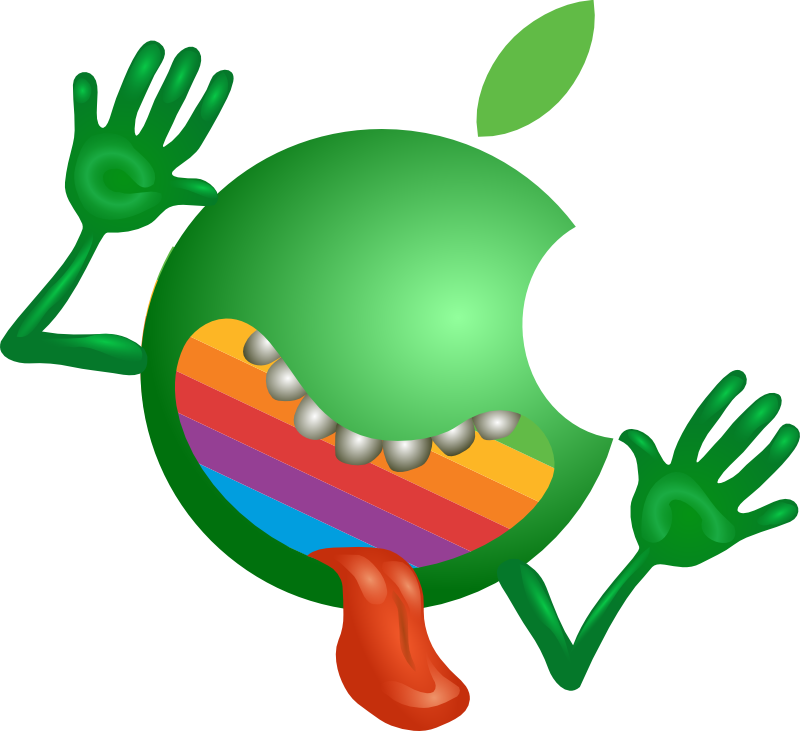Macs still easier to use?

Twenty years later, you still don’t have to panic.
IBM has reported Macintosh computers are still less expensive over the long run than Windows computers.
Previn continued the Mac@IBM conversation by saying the the upfront cost of PCs is lower, but the residual value of Mac is higher. “A Mac still has value three or four years down the road,” he added. With the provisioning and automation practies used to manage Mac, IBM does not need to create images for all of their machines—saving their IT staff significant time.
“Every Mac that we buy is making and saving IBM money,” Previn said.
I’m honestly surprised that this is still true twenty years after I wrote Save Me Time, Save Yourself Trouble: Buy Macintosh. I continue to use a Macintosh, but that’s for things that aren’t work-related, such as the ease of managing iPhones and iPads and the availability of must-have apps such as Nisus Writer Pro; or that aren’t ease-of-use related, such as having Unix under the hood. I appreciate that they continue to be easy to use, but had assumed that Windows would be easy to use by now, too.
This was what really struck me, in reference to my twenty-year-old rant back when I was part of the help desk:
One stat that particularly stood out was that 5% of Mac users call the help desk, compared to 40% of PC users.
Remember that this is during a transition. Those Mac users are new Mac users, at least in the work environment—interacting with other work-related resources, getting on the company network—and still called the help desk an eighth of the time that Windows users did.
It also struck me that they still call them PCs and not Windows computers. The term “PC” for those computers hearkens back to an ancient time when IBM made a brand of computers called the IBM PC. But IBM doesn’t make them anymore; it’d be sort of like if we called Kleenex tissues “tissues” and only referred to other tissues by their brand name. PC on its own is a generic abbreviation for personal computer!
In response to Save Me Time, Save Yourself Trouble: Buy Macintosh: Why the Internet support specialist wants you to buy Macintosh. Hell hath no fury like a Windows user who discovers the Macintosh advantage.
- Mac@IBM, Zero to 30,000 in 6 Months
- The approach that IBM took was truly a user-first approach. "Our job is to create a productive environment for IBMers,” said Previn. As he stressed, "The what you’re working on will change, but the how and the who is really the secret sauce." (Hat tip to Juli Clover at MacRumors)
- Nisus
- I use Nisus Writer Pro for almost all of my new documents now. It’s a lot easier to use than the other word processors I’ve tried.
More technology policy
- Why should everyone learn to program?
- Anything that mystifies programming is wrong.
- Copyright reform: Republican principles in action?
- Their initial copyright policy brief was a brilliant example of how Republicans could tie small government and freedom to actual, concrete policy changes that will help the average person—while at the same time cutting the rug from under their traditional anti-freedom enemies. It was far too smart to last.
- Health care reform: walking into quicksand
- The first step, when you walk into quicksand, is to walk back out. Health providers today are in the business of dealing with human resources departments and government agencies. Their customers are bureaucrats. Their best innovations will be in the fields of paperwork and red tape. If we want their innovations to be health care innovations, their customers need to be their patients.
- All roads lead up
- Whatever happened to programming? It became more interesting.
- The presumption of ignorance
- From movie theaters to classrooms to jury rooms, there’s an assumption that forced ignorance is possible. But it isn’t, it never has been, and it’s only going to get more obvious.
- 13 more pages with the topic technology policy, and other related pages
